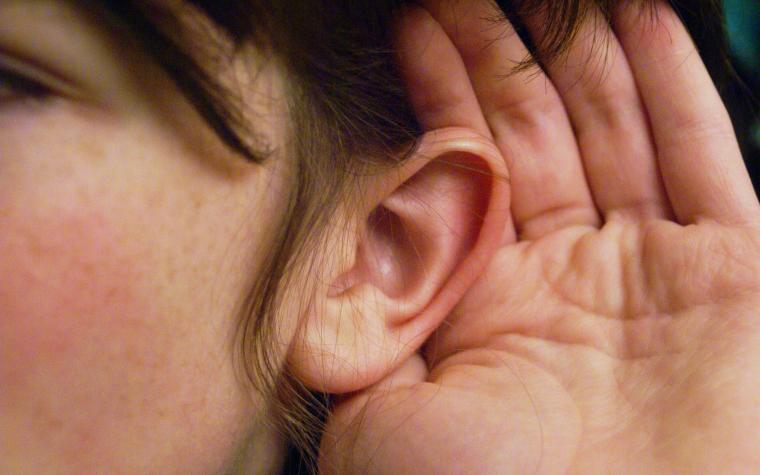
Researchers from two Pennsylvania institutions recently discovered that protein mutations affecting the cochlea, the structure within the ear responsible for converting sound waves into auditory signals to the brain, may contribute to early hearing loss.
The researchers, Doug Epstein and Dr. Russ Carstens of the University of Pennsylvania’s Perelman School of Medicine and Dr. Ian Krantz of the Children’s Hospital of Philadelphia (CHOP), investigated the potential connection between a master-switch protein, known as Epithelial Splicing Regulatory Protein 1 (ESRP1), and individuals with non-syndromic sensorineural hearing loss (SNHL), a Penn Medicine release said.
“In general, what connects most of the unexplained hearing-loss cases is that protein building in the cochlea during development goes awry,” the release said.
The researchers studied a family in which two of the six children used cochlear implants for hearing loss. By gene sequencing, the researchers were able to find the ESRP1 mutations associated with hearing loss and restore RNA splicing switches when the mutations were corrected by gene editing, the release said.
“We were excited to see these results as they provided clear evidence that ESRP1 mutations were responsible for the splicing defects in the affected children” Epstein said in the release.
Krantz concurred with the significance of the findings, stating in the release that “this research is exciting as it implicates this critical molecular pathway with a developmental diagnosis in humans for the first time and helps shed light on a novel contributor to hearing loss that may lead to new approaches for therapeutics down the road.”